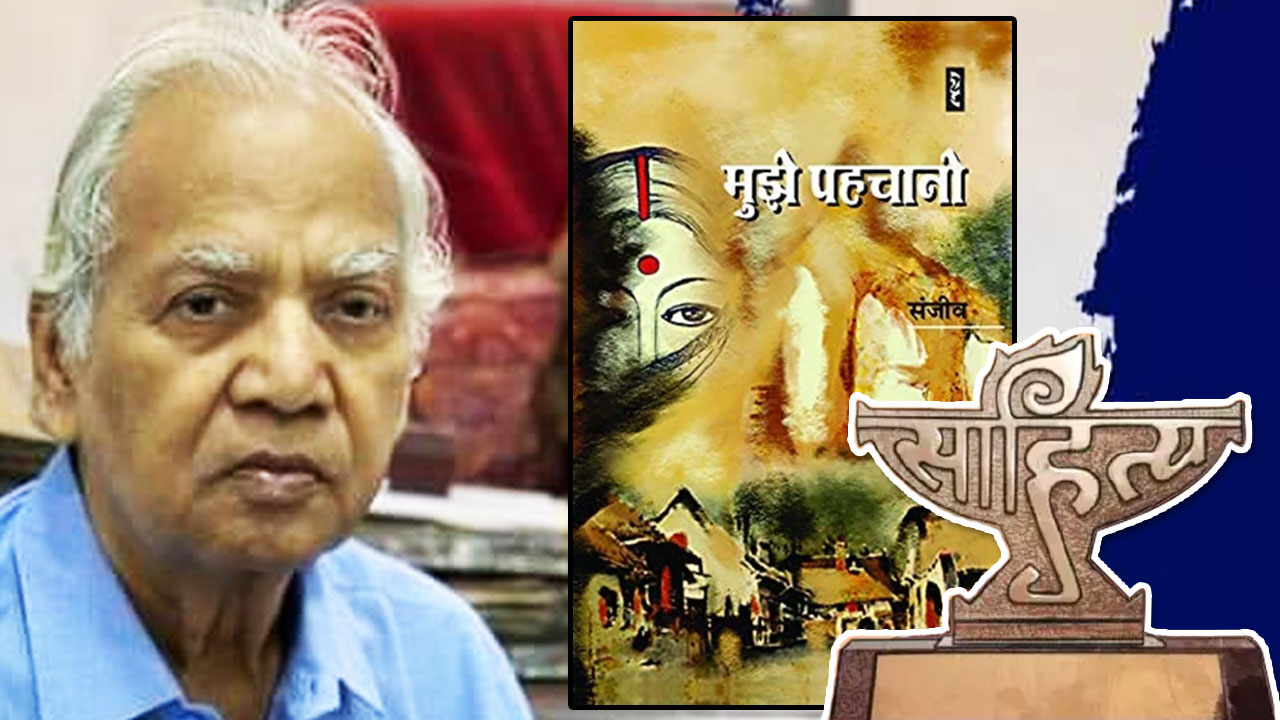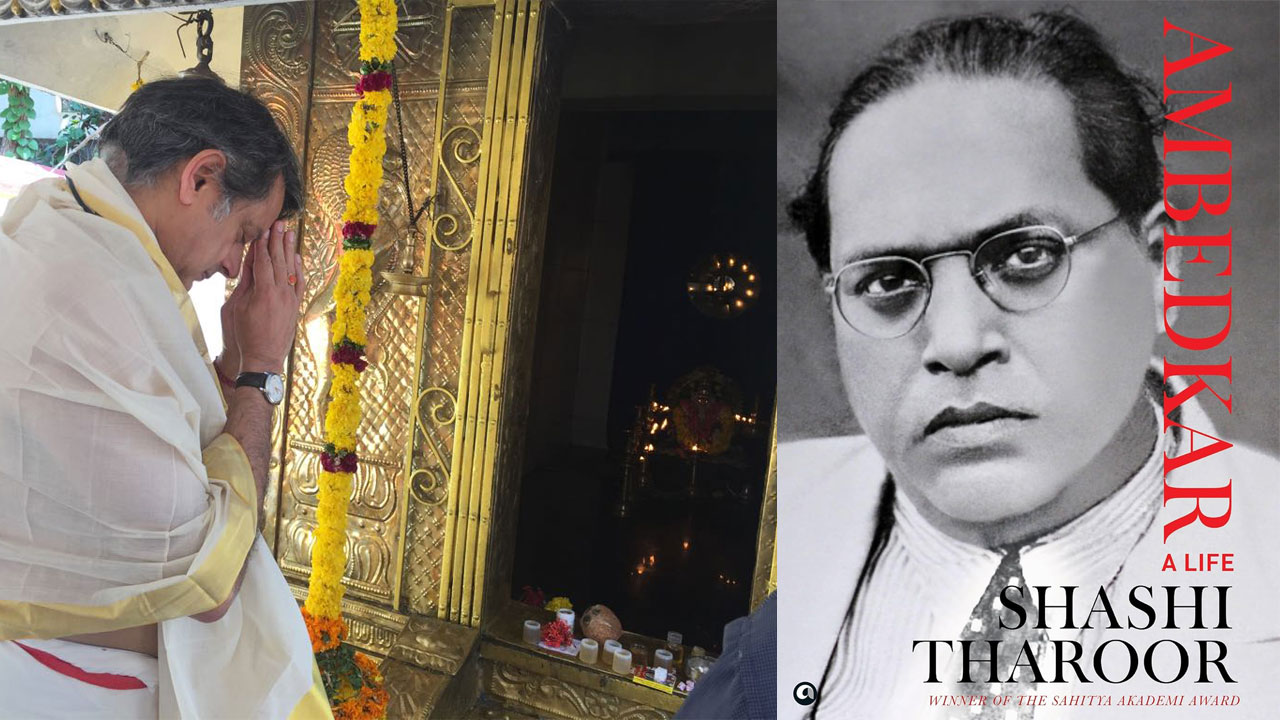Dalit short stories and the rugged terrain of casteism
There can be little doubt that the caste system has contributed significantly to creating a tiny elite and to marginalizing the majority. The caste system and its implications for society have found expression in literature. Dalit Literature contends that even in the 21st century, the upper castes have not shed casteism. The Dalit litterateurs have used every intellectual tool in their possession to expose the monstrosities of the caste system. However, the question of caste was missing from the “Nai Kahani” movement, which was focused on the aspirations, the desires and the pains of the middle class. The credit for social mobilization against the caste system must largely go to Dalit Literature. This series dwells on short stories by leading Dalit writers which explore social discrimination and a casteist mindset. The first part looks at Om Prakash Valmiki’s short stories:
Om Prakash Valmiki (30 June 1950 – 17 November 2013) was an exceptional exponent of Dalit Literature. He published three anthologies of short stories – Salam (2000), Ghuspaithiye (2003) and Chhatri (2013). The ugliness of the caste system and advocacy of Dalit rights are the central themes of his works. Salam, Ghuspaithiye, Yah Ant Nahin, Main Brahman Nahin Hoon, Dinesh Jatav Urf Digdarshan and Brahmastra brutally expose the mentality that pervades the caste system and actuates its patrons.





